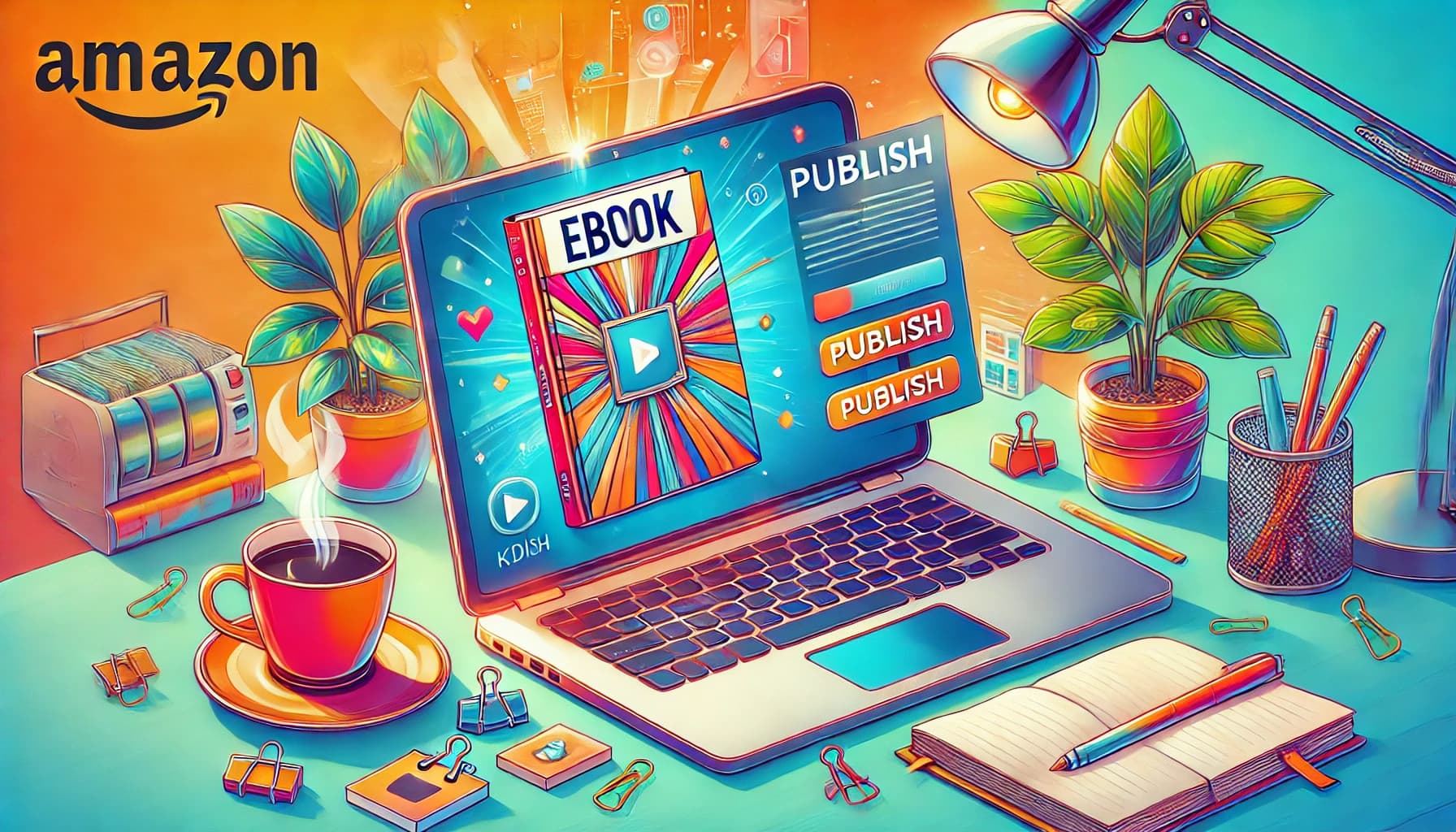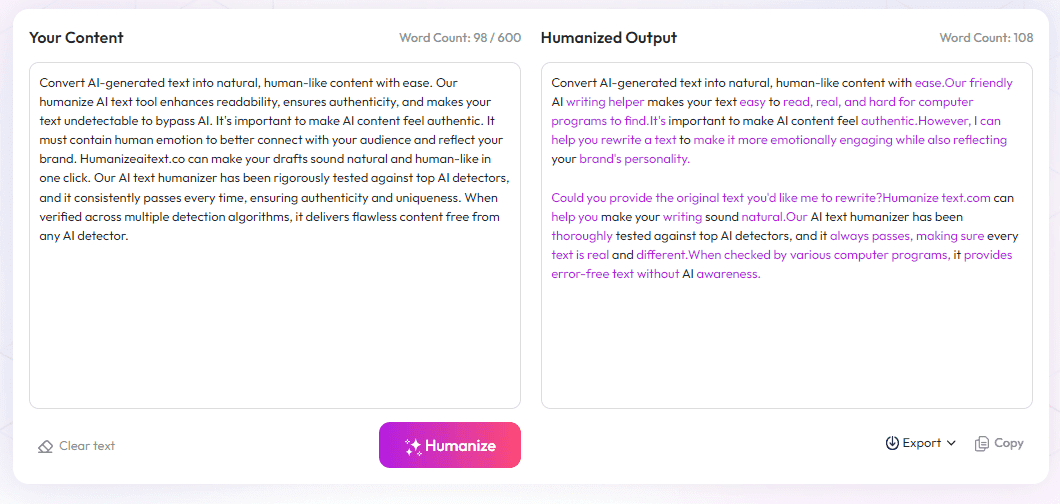Table of Contents
Got it! If you’re thinking about sharing your book through a distribution deal, you might feel a bit lost on where to start. But don’t worry—if you read on, I’ll show you what a distribution agreement is, what key parts to watch out for, and how to handle negotiations. By the end, you'll have a clearer idea of how to make a deal that works for you and your book. Keep going, and you'll be well on your way to sharing your story far and wide.
Key Takeaways
Key Takeaways
- A book distribution agreement is a contract that lets a distributor sell your book in specified areas and formats, defining rights, territory, payment, and duration.
- Key terms include territory, rights (digital, print, audio), royalties, advance, and contract length. Understanding these helps protect your rights and earnings.
- Choose between exclusive or non-exclusive agreements based on how many distributors you want to work with and your control over sales.
- Negotiate for better royalty rates, clear rights, and flexible renewal terms. Know your book’s market value to get fair deals.
- Avoid common mistakes like unclear rights, low royalty offers, vague territory rules, or rushing into a deal without checking the distributor’s reputation.
- After signing, confirm rights, plan marketing efforts, optimize metadata, and stay in touch with your distributor to improve sales and visibility.

A book distribution agreement is a contract between a publisher or author and a distributor that specifies how books will be sold, where they will be available, and under what terms. Essentially, it lays out the rules for getting a book into readers' hands, covering crucial points like rights, territory, payment, and duration.
Understanding this agreement can make or break a book's success in the marketplace. For instance, a clear contract helps avoid disputes over sales rights or royalties, ensuring both parties know what to expect. It's especially important now, as the global book market is worth around $143 billion in 2025 and continues growing, with digital formats like ebooks and audiobooks expanding rapidly.
1. What Is a Book Distribution Agreement?
At its core, a book distribution agreement is a legal document that grants a distributor the right to sell or distribute a book on behalf of the author or publisher. This agreement defines who owns the rights, where the book can be sold, and how profits are shared.
2. Key Terms to Know in a Book Distribution Agreement
Some of the most common terms you'll encounter include:
- Territory: The geographical area where the distributor can sell the book. This could be global, national, or regional.
- Rights: Specifies which rights are granted—such as print, digital, audio—and whether they are exclusive or non-exclusive.
- Advance: An upfront payment made to the author or publisher, often deducted from future royalties.
- Royalty rate: The percentage of sales the author or publisher earns from each sale.
- Term: How long the agreement lasts before it needs renewal or renegotiation.
3. Types of Book Distribution Agreements
There are mainly two types:
- Exclusive Distribution: The distributor is the only one authorized to distribute the book within a specific territory.
- Non-exclusive Distribution: The author or publisher can work with multiple distributors simultaneously.
4. How to Negotiate a Book Distribution Agreement
When negotiating, it's smart to pay attention to the royalty rates and rights granted. Don’t be afraid to ask for better terms—distributors expect negotiations, so knowing your book’s potential will give you leverage. Remember, an agreement is about balance: protect your rights while offering enough incentive for the distributor to promote your work.
For example, securing a higher royalty rate in a digital-heavy market, which now accounts for a significant share of the global book industry, can help maximize earnings. It’s also wise to clarify the term length and renewal options to avoid getting locked into unfavorable conditions.

5. Common Mistakes to Avoid in a Distribution Deal
Getting into a distribution agreement without paying attention to a few key details can cost you down the line.
One big mistake is not clarifying licensing rights—assuming rights are granted or understood can lead to nasty surprises, especially with digital formats like ebooks and audiobooks that are evolving fast.
Another common error is accepting royalty rates without negotiating, as some distributors might offer less than what your book deserves, especially if it’s a niche or trending topic.
Failing to specify territory boundaries clearly can also cause issues, such as selling in regions you're not licensed for, which might lead to legal disputes or revenue loss.
Plus, overlooking the terms for renewal or renewal fees can trap authors into unfavorable contracts long term. Always check those renewal clauses to see if you can renegotiate or exit early if needed.
Finally, skipping due diligence on the distributor's reputation can be costly—research their history, success stories, and user reviews before signing. Trustworthy distributors like (https://www.penguinrandomhouse.com) or (https://www.ingramspark.com) tend to keep things straightforward and reliable.
6. Steps to Take After Signing a Distribution Agreement
Once you’ve signed on the dotted line, there are several steps to ensure your book gets the attention it deserves.
First, confirm that all rights are accurately logged and that you understand your responsibilities for marketing and promotional efforts.
Next, create a marketing plan tailored to your book’s target audience. Use social media, email lists, and author websites to build buzz, especially considering the rapid growth of digital formats like ebooks and audiobooks—in 2025, digital audio revenue hit $1.8 billion worldwide.
Then, work on your book’s metadata: optimize the title, description, keywords, and cover design to increase visibility on platforms like Amazon or local bookstores—sites that still represent a significant portion of sales, with over 43,000 physical bookstore locations in the U.S. alone.
Make sure you communicate regularly with your distributor to track sales data and gather feedback. Platforms like (https://automateed.com/how-does-amazon-kdp-work/) provide useful analytics that can guide your promotional strategies.
Lastly, stay flexible and monitor industry trends; with print sales remaining steady, and digital formats expanding, adapting your approach can improve your chances of success in a market projected to grow to over $156 billion by 2030.
FAQs
A book distribution agreement is a contract between an author or publisher and a distributor, outlining terms for distributing the book to retailers, libraries, and online platforms.
Important terms include royalties, payment schedules, territorial rights, distribution channels, and contract duration, which define how the book is sold and revenue is shared.
Common types include exclusive distribution, non-exclusive distribution, and print-on-demand agreements, each offering different rights and obligations for the author or publisher.
Negotiate terms like royalties, territory rights, and marketing support by researching standard rates, being clear about your priorities, and communicating openly with the distributor.



